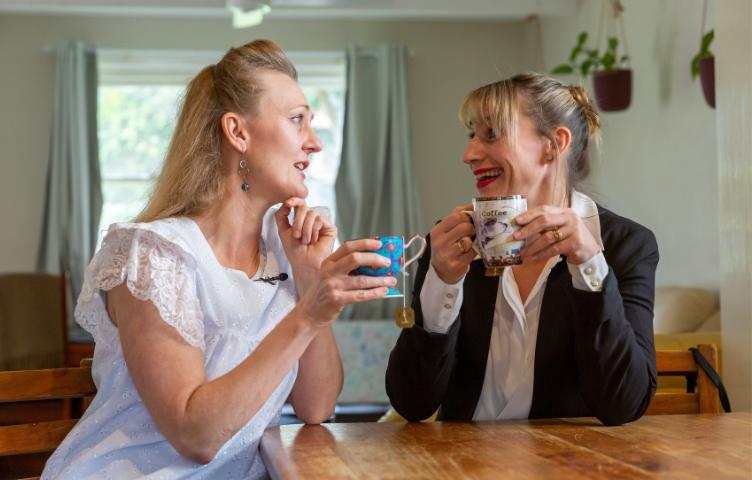
“Don’t assume. Low vision, no vision, full vision. We’re all just people getting through our lives.”
Meet Andy
Andy has been living with Retinitis Pigmentosa since she was 14 years old.
Retinitis Pigmentosa is a complex hereditary eye condition that causes cells in the retina to degenerate slowly and progressively.
She learnt to adapt and feel empowered in her personal and professional lives, never letting her eye condition stop her from achieving her goals and doing the things she loves.
Ways to be more inclusive and support someone with low vision
Be confident.
When it’s loud and noisy, it can be hard for someone with low vision to pick up on social cues. Know they are not being rude; they simply may not have heard you or even know you are there. This is where you can step in and introduce yourself, asking if they need any help.
Don’t assume.
When you assume, you can't know anything as fact. Appearances can be deceiving and often, a low vision condition is not physically visible and remains hidden throughout your interactions. The best way you can help and avoid making assumptions is to ask the right kinds of relevant questions to the situation you are both in.
Be educated.
Don't go around telling people what you think they would need and want. To act in a certain way because that’s how you do something. A great way for you to be more inclusive is by educating yourself on how someone with low vision sees the world. Then you can have the right kinds of conversations and ask if they need any support.

Acknowledgement
Funded by the Australian Government Department of Social Services.
Go to www.dss.gov.au for more information.











